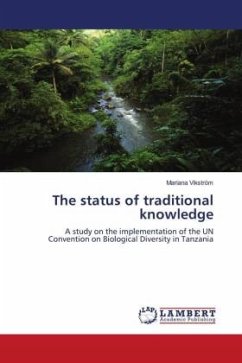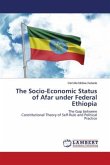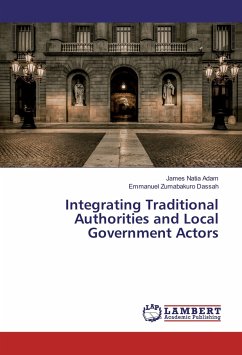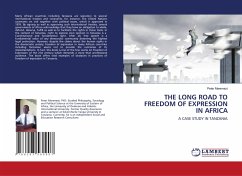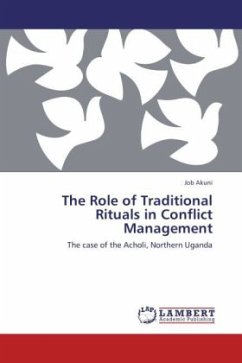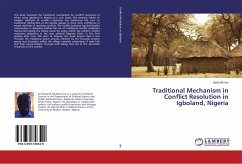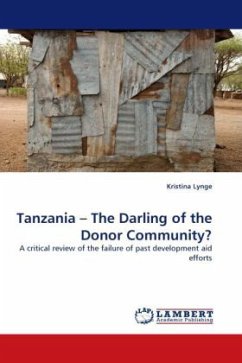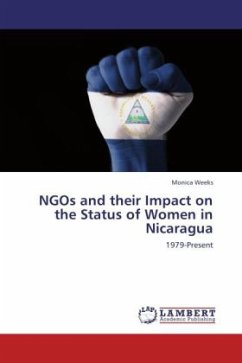What is "bio-piracy" and does it exist at all? Is the bio-material used in traditional medicine untouched by human innovation, or a result thereof? How does it relate to human rights and the right to self determination? The goal of this paper is to bring these issues to discussion. Today, indigenous peoples and traditional knowledge holders are often not accredited their own intellectual capital. This paper consults expert on traditional knowledge in a contemporary Tanzanian context. The data reveals paradoxes in our understanding of traditional knowledge and its value for human health and the society at large. One of the interviewees expresses his notion that Tanzanians tend to take their natural wealth for granted and that there is a need to document traditional biomedical knowledge, saying: "We don't see the challenges that are coming before us. [...] I think we need to patent things, we need to... you know, make sure that people know that this is our knowledge, this is our product, this is our own findings..."
Bitte wählen Sie Ihr Anliegen aus.
Rechnungen
Retourenschein anfordern
Bestellstatus
Storno

